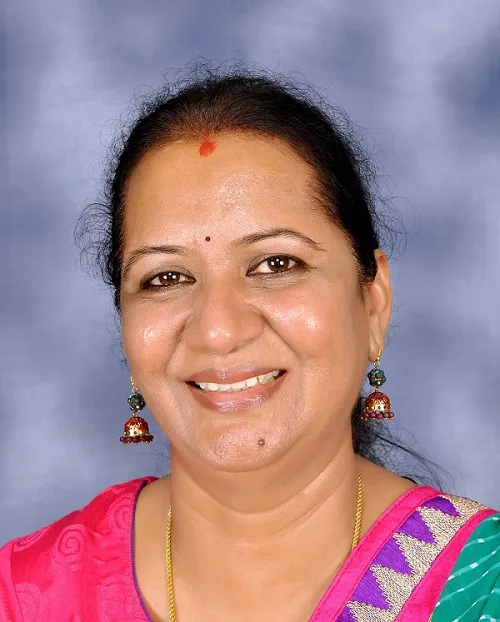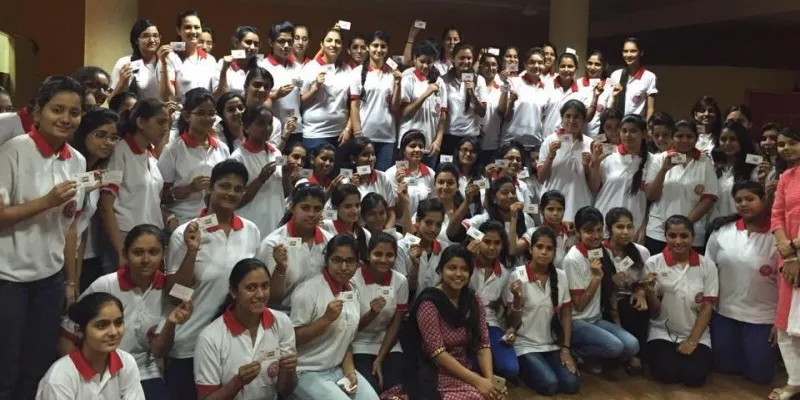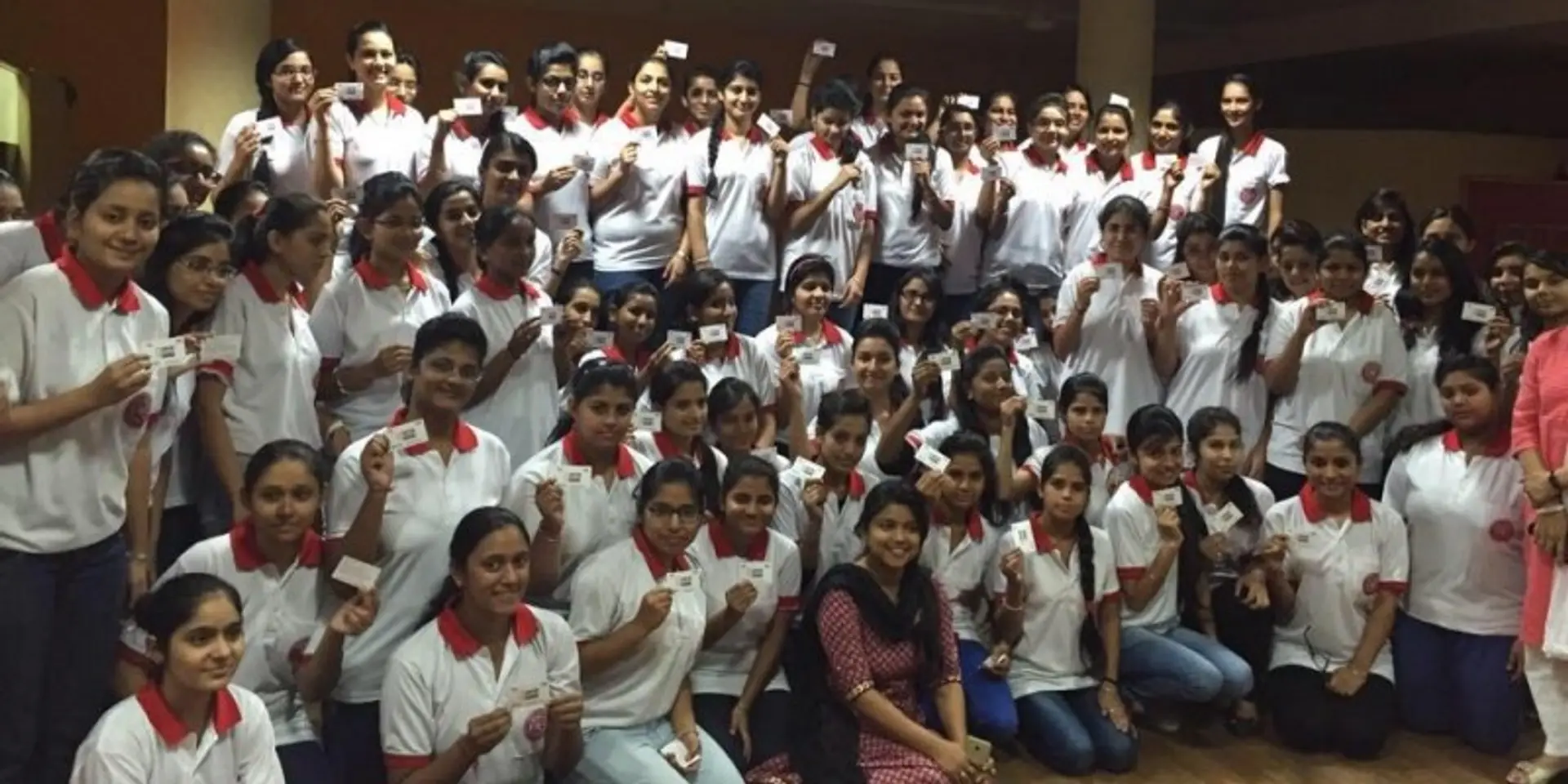Lalitha Raghuram's MOHAN Foundation is building a seamless organ donation system in India
There are currently more than 1,50,000 people waiting for lifesaving organ transplant in India. However, 2012’s organ donation statistics reveal that we stand at a mere 0.08 donors per million. There is a critical shortage. If we can increase this number to one per million, then there is a strong possibility that a patient will have to wait only for two years as opposed to the current five years.
That’s what Lalitha Raghuram has set out to achieve. She co-founded MOHAN Foundation in 2002 (Multi-Organ Harvesting Aid Network), an organisation which works towards spreading public awareness, creating a cadre of well-trained healthcare professionals as well as training doctors and police personnel on the critical role they can play to increase organ donations in India.
Lalitha Raghuram – The woman behind this impossible mission

As an Executive Director of Eye Bank Association of India, Lalitha took up the challenge of augmenting cornea collection in the entire country. Lalitha’s strategy was simple – employing a trained social worker as a link between the hospital and a patient. This person would be informed of a death immediately, would counsel the family and get their consent and ensure that the entire transplant process is completed within the stipulated time. A pilot named ‘Hospital Cornea Retrieval Program (HCRP) was initiated in Mumbai’s Sion Hospital and Hyderabad’s Nizam Institute of Medical Sciences, which proved to be a success model. Lalitha recalls,
Earlier, only 35 per cent of corneas were usable because of lack of timely intervention. But through the programme, we managed to reverse the trend with the utilisation rate going up to 65 per cent.
After working with Eye Bank Association for eight years, Lalitha established the first chapter of MOHAN Foundation in Hyderabad to make multi-organ donation a possibility. In the first year, there was only one donation and an arduous task ahead.
The work of MOHAN Foundation
MOHAN Foundation, India’s largest organ donation organisation, works across four areas.
- Spreading public awareness on the urgency of organ donation.
- Training social workers as ‘Transplant Coordinators’ who undertake grief counselling for families.
- Training doctors, forensic doctors, police personnel on how to handle an organ donation case successfully.
- Coordinating the entire process right from grief counselling, consent to handing the body post organ-retrieval to the family.
Explaining the process, Lalitha says,
Once we are informed of a brain death, our transplant coordinators immediately conduct grief counselling to get the consent of the family. Alongside, an organ retrieval doctor is ready to conduct the operation, as well as the potential patient is identified with the logistics of transporting the organ taken care of. Post the operation, the body is returned in the same condition as it was taken. Apart from the family members who gave the consent, no one would come to know of the entire procedure unless told.
Quickly adding to the process, Lalitha mentions,
We don’t interfere with the family’s rituals at any point and only work backwards according to the time given. We have worked during the Telangana Bandh, nights of Deepavali, and mornings of Pongal – such is the need in the nation.
In the last year, the organisation successfully conducted close to 600 organ donations across India. MOHAN Foundation is spread across Bengaluru, Vizag, Trivandrum, Vijayawada, Thiruvananthapuram, Nagpur, Chandigarh, Jaipur, and New Delhi having over 500 transplant coordinators. However, Lalitha isn’t satisfied. She says, “We have trained close to 1,000 people, but we need at least 5,000 within the next five or six years.”
To increase more hospitals to take up the cause of organ donation, MOHAN Foundation also has a number of courses such as Diploma in Transplant Coordinators’ Training and Grief Counselling, Transplant Coordinators’ Training to name a few along with complete placement assistance.
Achieving one per million – How can we do this?

Currently, organ donation is less in India not because of social stigma, but due to lack of awareness and fear of negative publicity in hospitals. Lalitha says,
Organ donation isn’t something that is taught in medical schools, which is why about 20–25 per cent of doctors know the entire process properly. Another hindrance is that often hospitals aren’t in favour as they feel it would mean negative publicity and extra burden.
We need to learn from best performing countries such as Spain, which has 37 donors per million population. We are nowhere in comparison.
What’s critical is awareness both in public as well as hospitals. In the year 2000, the Tamil Nadu government made significant inroads in this. They made it mandatory to report every accidental and brain death to the Zonal Transplantation Coordination Centres (ZTCC) to promote cadaver donation. Finally, the Government of India started the National Organ and Tissue Transplant Organization (NOTTO) in 2012, which is now creating a nationwide organ removal and storage network.
But as Lalitha rightly says, “As individuals, each of us must fill the donor registry form in case of an unforeseen tragedy, we have the power to give someone a new lease of life. It’s phenomenal how much a human is capable of contributing.”
To be an organ donor, what’s needed is compassion and an enabling environment; both of which Lalitha is already creating.
You can sign up for organ donation here – http://www.mohanfoundation.org/download_donorcard.asp



